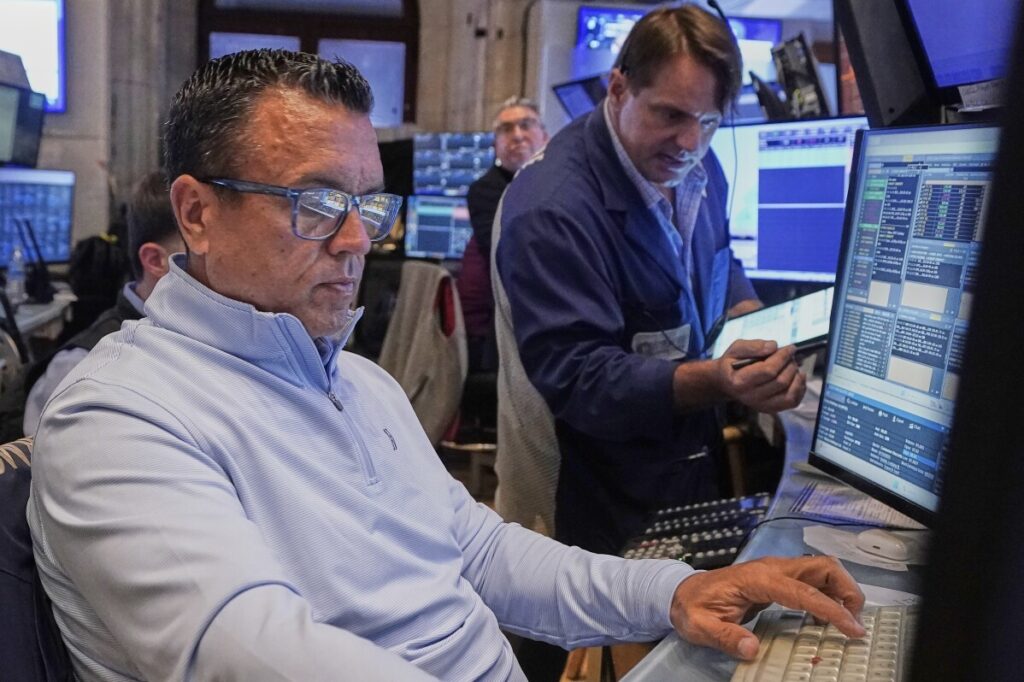Trump’s Tariff Delay: Tactical Move or Economic Gambit Threatening America’s Future?
President Trump’s decision to delay raising China tariffs for 90 days offers a temporary economic reprieve but raises critical questions about long-term American sovereignty and economic stability amid global trade tensions.

President Donald Trump’s recent executive order to postpone additional tariffs on Chinese imports by 90 days has sparked cautious optimism across Asian markets. Japan’s Nikkei 225 surged to new heights, largely fueled by gains in major corporations like Toyota, while other regional indices edged slightly upward or held steady.
At first glance, this move paints a picture of diplomatic delicacy and strategic patience. However, beneath the surface lies a complex interplay between protecting American interests and navigating the murky waters of global trade warfare—an arena where delays can sometimes translate into lost leverage.
Is This Tariff Extension Protecting Americans or Prolonging Economic Uncertainty?
The extension is not merely a gesture of goodwill but a tactical maneuver designed to keep negotiations alive while preventing immediate escalation that would threaten U.S. manufacturers and consumers alike. Yet, how long can American families and businesses endure the shadow of tariff uncertainty? For companies dependent on stable supply chains, unpredictable tariff shifts add costs disguised as “temporary” measures—costs that inevitably trickle down to hardworking Americans at the checkout line.
Moreover, Beijing’s mirrored announcement underscores that this impasse is far from resolved. The risk remains that future tariff hikes could spiral into retaliatory cycles eroding America’s economic sovereignty and security. While President Trump rightly insists on tough negotiating stances to counter unfair Chinese trade practices, the question remains: Has Washington struck the right balance between assertiveness and accommodation?
The Hidden Inflation Threat That Could Undermine Economic Liberty
This tariff truce arrives just as inflation fears linger in U.S. households still recovering from years of price shocks. With consumer prices expected to rise nearly 3% year-over-year, thanks partly to past tariffs inflating costs for essentials like groceries and gasoline, any delayed escalation threatens to fuel persistent inflationary pressures.
The Federal Reserve faces a daunting dilemma: tame inflation without sacrificing job growth or economic momentum. Mixed signals from Fed officials reveal an administration caught between competing priorities—a scenario familiar under previous globalist policies but avoidable through decisive America First principles.
President Trump’s tariffs have been criticized, yet they represent a bold attempt to restore fair competition and protect domestic industry—a crucial step toward regaining control over our economy from foreign powers exploiting loopholes in global trade agreements.
Meanwhile, other financial markets display signs of caution: gold prices dipped after clarifications on tariff exemptions and oil prices hover with minor gains, reflecting ongoing geopolitical complexities with direct consequences for American energy independence.
The bottom line? This tariff extension is less about peace than about preserving America’s negotiating position amid mounting global challenges. Washington must avoid complacency masked as diplomacy. How long will we tolerate policies that leave our economy hostage to foreign actors under the guise of “trade talks”?
For patriotic Americans eager to see national sovereignty restored and economic liberty preserved, vigilance is key. The clock is ticking on these negotiations—and every day counts toward securing a future where freedom triumphs over foreign manipulation.
